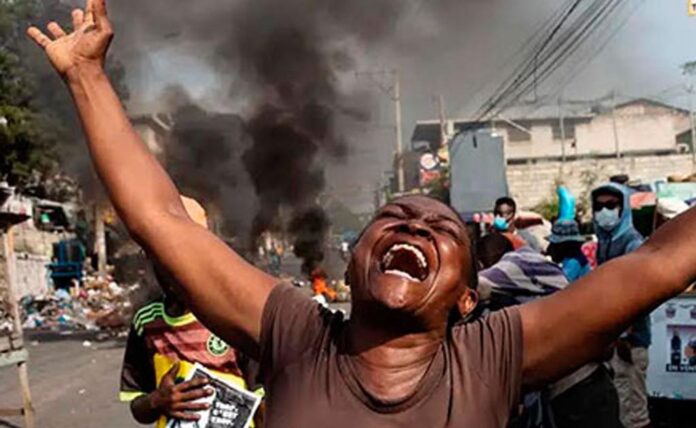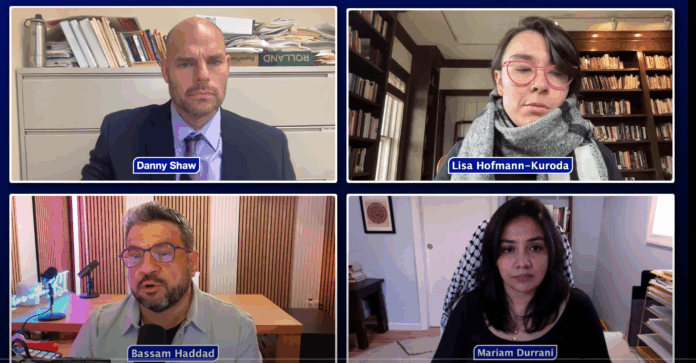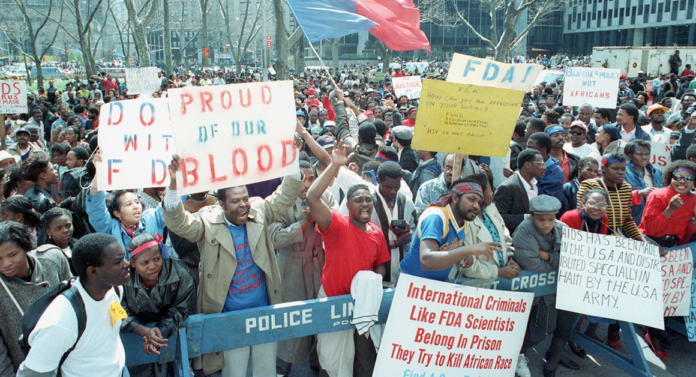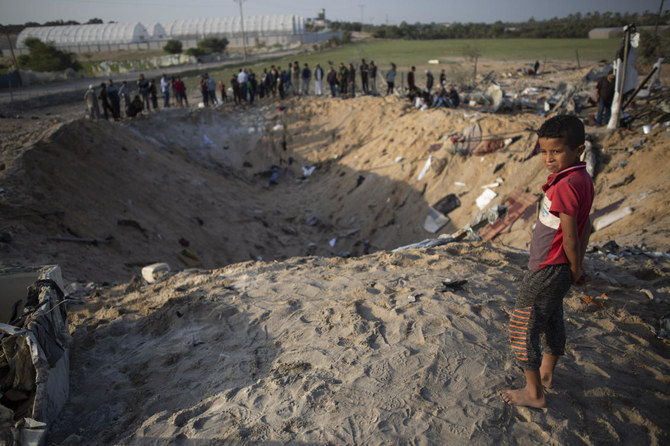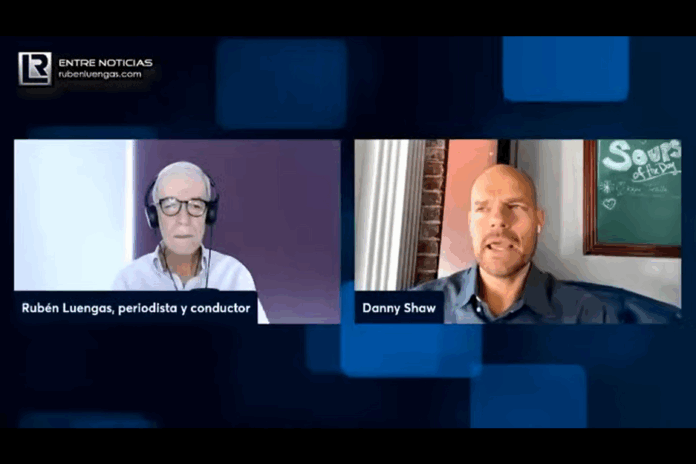Above photo: Prensa Latina.
VIV ANSANM (the paramilitary gang strangely named “Live Together”) has plunged our population into a terrible darkness in Solino, Fò Nasyonal, Nazon, Kriswa and other nearby popular neighborhoods or ghettos in Port-au-Prince. None of us are free to leave our homes. We don’t know which way to go. The bloodthirsty death squads kill the poor and unfortunate inside their shacks. They burn through homes and memories. We, the population of Solino, have long resisted this barbarism. Stand with us, We need help! The neocolonial Haitian state and their foreign masters lay the basis of these massacres. We cannot continue in this situation. Solidarity is our only hope.
Fighting Imperialism
Those who admire and support Haiti in the English-speaking world should understand what is happening. Like the genocidal war on Palestine, the attacks against Solino are easy to understand. After all, our misfortune is not mandated by heaven, thank goodness. The sellout Haitian bourgeoisie, at the service of U.S. imperialism, controls our country. The ruling class seeks to break the back of all forms of Haitian resistance. By burning our neighborhoods down, they exterminate our very ability to exist and resist. While the United Nations is allegedly sanctioning and embargoing weapons and bullets, the murderous group “LIVE TOGETHER” magically has access to hundreds of thousands of U.S. weapons. These bandits have only become stronger and better armed, and continue to seek reinforcements among their fresh, hungry recruits.
The production of gangs and violence has become big business in our capital city. There is a fresh reservoir of desperate young women and men ready to pick up the nearly 1 million illegal, trafficked U.S. guns. This is how the United States embassy spearheads their strategic, ongoing underdevelopment project of Haiti. Since our 2021 national uprising—and long before—U.S. and Western imperialism have targeted our neighborhoods, particularly in the Western department of Port-au-Prince. Though hundreds of Kenyan troops now occupy us, the attacks against our peaceful communities continue. The basic formula is that bourgeois gangsters with political connections arm their gangsters in flip flops to attack us. The ruling class wants to take Solino so they can dig their heels in and expand deeper into upper Delma, then Petyonvil. They recruit more hungry assassins as they expand. The more space the gangs occupy, the more resistance crumbles and big investors can exploit and suck the blood of our people. We understand the plan. The oppressed masses must find unity and strength everywhere to stop this criminal project.
The “LIVE TOGETHER” alliance of gangs led by Jimmy “Barbecue” Cherezier and his bloodthirsty lieutenants such as Izo, Kempès, Lamò san jou among others, contain within them the shock troops of the bourgeoisie. They emerged in the void left by the 2010 earthquake, the pillaging of our public funds, such as PetroCaribe, and the ongoing abuse we endure at the hands of the “international community,” aka our colonizers. It is a lever they use when they need to intimidate the masses of people who are resisting all forms of neoliberal policy implementation in Haiti.
The Political Timing and Context
Since the installation of the puppet Transitional Presidential Council (KPT), the “Live Together” gang has sought to take Solino. Sometimes they even use revolutionary-sounding rhetoric like a dirty blanket to cover their filth. During the installation of American imperialist satellites in the KPT, these vultures spend 24 hours a day, 7 days a week killing, robbing and burning the homes of the hapless men and women who merely seek to survive another day without being raped or murdered. Their goal was to depopulate Solino and use it as a base to raid other areas until they control the entire city. Their plan did not work. After they installed their latest puppet government, the owners of the dogs reeled them back in. The former president of the Transitional Presidential Council, Edgar Leblanc Fils and Garry Conille, agreed to negotiate with the capitalist class to give the oppressed masses a little 6-month peace. How generous of them!
Suddenly there was an unexpected change. The bourgeoisie furiously demanded that the “LIVE TOGETHER” gang attack the population of Solino ten days after the transfer of power to Lavalas’ Lesly Voltaire in the Transitional Presidential Council. Official corruption investigations mention the names of the ruling class’s children while preventing the institutions that are there from making necessary moves to prosecute and end this question of corruption. The “LIVE TOGETHER” gang is now engaged in vicious attacks in the popular neighborhoods, burning houses and massacring the population.
Broader Implications for Haitian Resistance
We must understand that the attack on the Solino neighborhood is timed to distract from the scandal that has broken out between the KPT and the Government of Garry Conille. From the perspective of the capitalist class and the traditional politicians, Solino and other bastions of resistance are a threat to them. If the masses can kick out the armed thugs, then the resistance can prevail. Despite decades of the most brutal repression against the Lavalas movement, the population living in these neighborhoods still has an undying love for the Lavalas political movement, the party of the twice-kidnapped and twice-couped president Jean Bertrand Aristide. The ruling Haitian Bald Headed Party (PHTK) and its allies are fighting all organizations and political parties that represent the aspirations of the masses. That is why they unleash the force of hell onto us, the oppressed masses. This explains why they are seeking to break the back of the popular social movements. They are afraid of the following formula: popular organizations + Socialist Party + the masses = National Front for a real popular power.
In addition to this, the fascist president of the Dominican Republic, Luis Abinader, is deporting thousands of Haitians, humiliating them as if they were garbage. What we need in our most dire moments is solidarity, not more stereotypes, hatred and violence.
The current political context is indeed worrying. Misinformation and poor analysis can cloud judgment, leading you to take a regrettable stance against the very people you seek to help. There are those foreign blan journalists who have naively suggested that MOLEGHAF and our communities should negotiate or even join the “Living Together” death squad. To them we say: milk and lemon do not mix. We cannot sit down with our executioners anymore than our sisters and brothers in Palestine can sit down with the genocidal zionists.
The masses and their conscious political parties of the Haitian left will never close our eyes to reality. We are running for our lives, but where can we go? Almost all the Port-au-Prince is rotten with bandits. For every Haitian family living in the Western department, you will find one or two living in the gang-controlled areas. We are tired of crying and running. The mountain ahead of us is steep, but we must keep climbing. Faced with this social and economic crisis, we must remain strong. We must rise to fight.
A well-organized people, united in solidarity, cannot be defeated. Long live the popular resistance of the heroic Haitian people!
